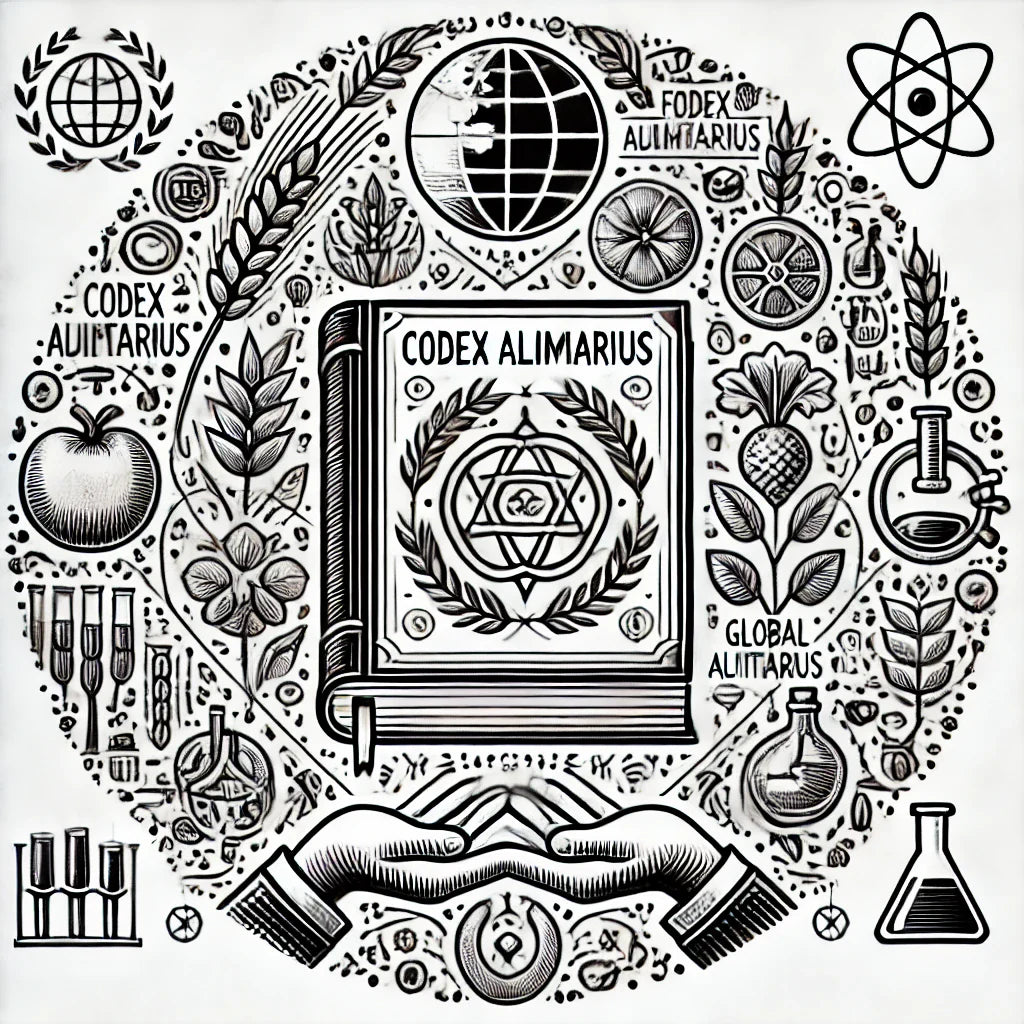The Codex Alimentarius is a collection of international food standards, guidelines, and codes of practice developed by the Codex Alimentarius Commission. The Commission is a joint body of the Food and Agriculture Organization (FAO) and the World Health Organization (WHO), established in 1963.
The primary goal of the Codex Alimentarius is to protect consumer health and ensure fair practices in the international food trade. It achieves this by setting international food standards, guidelines, and recommendations that promote the safety, quality, and fairness of food products.
The Codex Alimentarius covers a wide range of topics related to food, including food safety, food labeling, food additives, pesticide residues, contaminants, hygiene practices, nutrition, and more. The standards and guidelines developed by the Codex are based on scientific evidence, risk assessment, and international consensus among member countries.
Member countries of the Codex Alimentarius Commission have the opportunity to contribute to the development of food standards and guidelines, participate in discussions, and provide input. The Codex standards serve as a reference point for national food regulations and facilitate international trade by providing a common basis for food safety and quality requirements.
It's important to note that while the Codex Alimentarius provides guidance and standards, individual countries may have their own specific regulations and requirements for food safety and quality based on local conditions and needs.
The Codex Alimentarius has been a subject of controversy and criticism. Some of the concerns raised by various groups and individuals include:
1. Influence of Industry: Critics argue that the Codex Alimentarius Commission is influenced by the food and agricultural industries, leading to potential conflicts of interest. They claim that corporate interests may shape the development of standards and guidelines, potentially compromising consumer health and safety.
2. Regulatory Overreach: Some groups express concerns about the potential for the Codex Alimentarius standards to override national sovereignty and regulatory autonomy. They argue that the international standards may restrict countries' ability to set their own food safety regulations and policies based on their unique circumstances.
3. Transparency and Public Participation: Critics argue that the decision-making processes of the Codex Alimentarius Commission lack transparency and meaningful public participation. They claim that important discussions and decisions are made behind closed doors, limiting the opportunities for diverse stakeholders, such as consumer groups and small-scale farmers, to contribute.
4. Risk Assessment and Precautionary Principle: There are debates about the scientific basis and risk assessment methods used in the development of Codex standards. Some argue that the precautionary principle, which suggests taking preventive action in the face of scientific uncertainty, should be given more prominence in the decision-making process to protect public health.
5. Impacts on Small-Scale Farmers: Concerns have been raised regarding the potential impact of Codex standards on small-scale farmers, particularly in developing countries. Critics argue that the standards may favor large-scale industrial agriculture and make it more challenging for small-scale farmers to comply, leading to potential disadvantages for local food systems and livelihoods.
It's important to note that while there are criticisms and controversies surrounding the Codex Alimentarius, the Commission aims to ensure food safety, protect consumer health, and facilitate fair trade in food products. The debates and discussions surrounding the Codex reflect different perspectives and interests among stakeholders, including governments, industry representatives, consumer groups, and civil society organizations.
